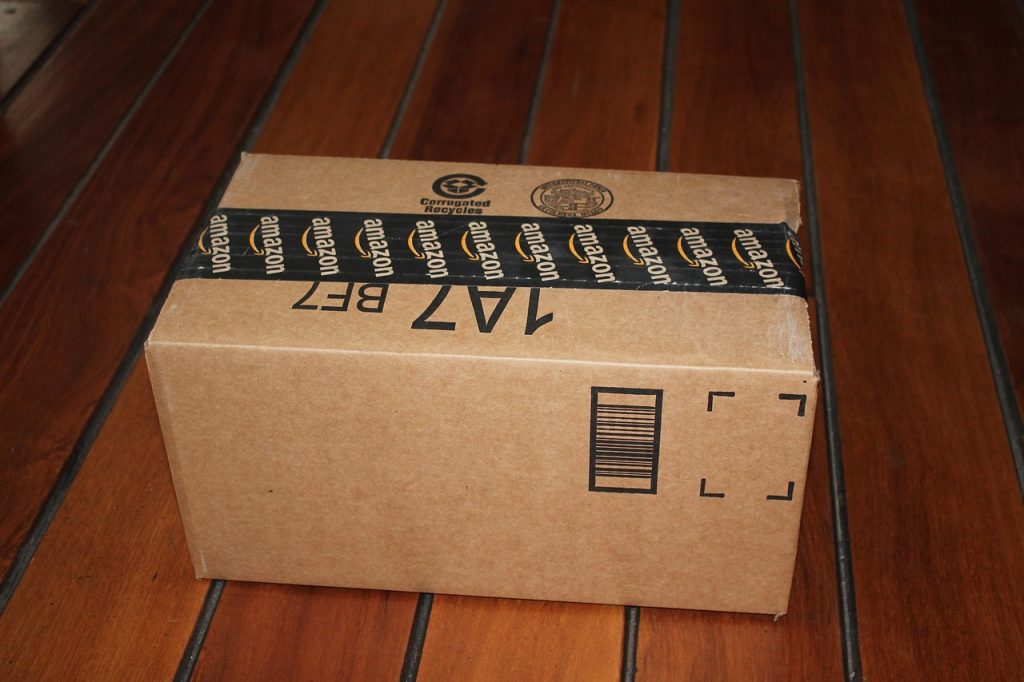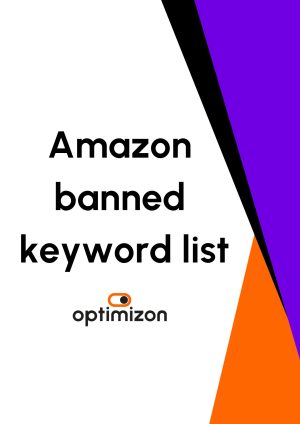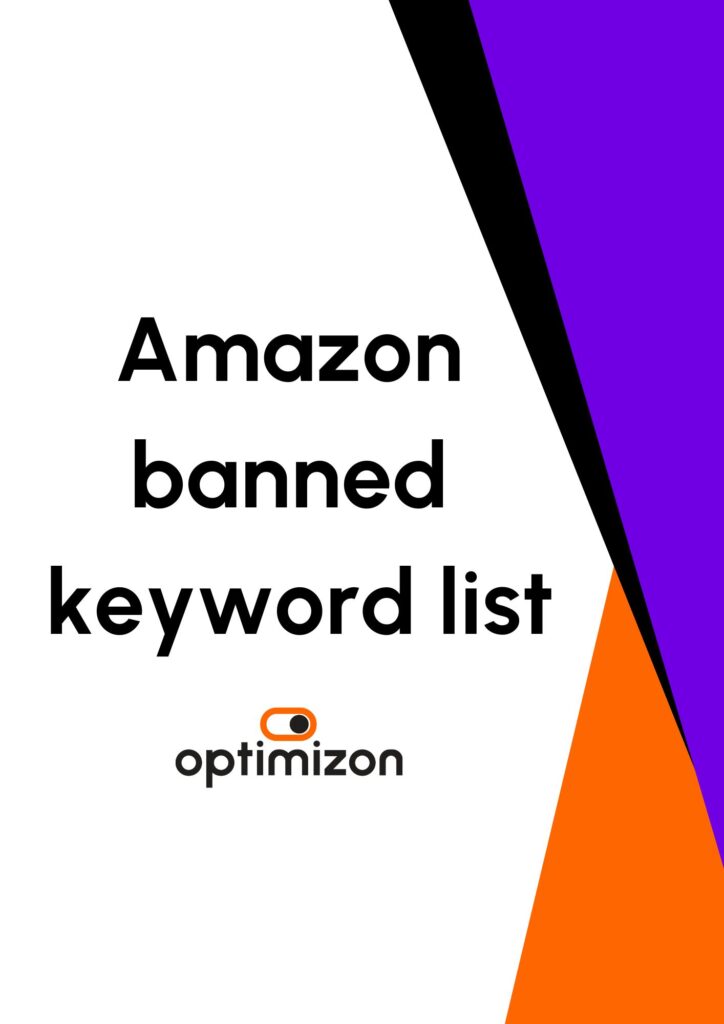We’ve had lots of enquiries from readers asking if they need a GS1 Certificate to sell on Amazon. Here’s everything you need to about Amazon and GS1 Certificates from Lena Omo, an Amazon Account Manager at Optimizon.

It might be something you hadn’t paid that much attention to before, but those barcodes on the back of a product are actually very important.
And it’s not even the straight lines you need to focus on. It’s the numbers underneath that are vital to retailers.
These digits – Universal Product Codes (UPCs) and European Article Numbers (EANs) – are Global Trade Item Numbers (GTINs), and are used by sellers to identify your products.
Global Standards 1 (GS1)
Global Standards 1 (GS1) goes one step further by giving sellers an identification number, which is unique to your business.
You can trade on Amazon without a GS1 barcode. However, it can be difficult to take full control of your products or brand without one.
The GS1 certificate is basically the proof that your company is the legal licensee of the company prefix – and therefore own the right to that barcode. To avoid future issues, we do advise Amazon sellers to have one.
Do I need barcodes on my products to sell on Amazon?
Technically, it is possible to apply for exemption for certain types of product. However, GTIN codes are the most effective way to track the goods being sent from buyer to seller – and every point in between.
Whether you’re a one-man-band or a huge retailer, these trackable digits mean everything from purchasing the product, to the doorstep delivery, can be traced.
It ensures the buyer receives the right item, and not something completely different. And that cuts down on hassle – and the cost of having to send out another item.
It also means that you, as a retailer, are entirely accountable for what you send out, and the authenticity of the items you’re selling. Without them, it’s almost impossible to control your brand on Amazon.
Why do I need GS1 codes to sell on Amazon?
Amazon now requires sellers to have GS1 barcodes on their products to ensure buyers can trust the information given on its platform – while at the same time attributing goods to a verifiable brand. Again, it is possible to apply for exemption for certain types of goods.
GS1 all about having a transparent, and trusted, supply chain.
In fact, selling your products on Amazon (unless it’s on Amazon Handmade) without GS1s, can make life more difficult. The GS1 code prefix is unique to, and traceable back to, your brand. Without one, you cannot raise cases or alter your product details. Amazon will simply reject these request due to it not being a GS1 certified product.
Amazon itself has said it verifies “the authenticity of product UPCs by checking the GS1 database. UPCs that do not match the information provided by GS1 will be considered invalid. We recommend obtaining your UPCs directly from GS1 (and not from other third parties selling UPC licenses) to ensure the appropriate information”.
To be clear, Amazon recommends buying GS1 Certificates directly, and not from a third party seller.
What is GS1?
Not-for-profit GS1 is “neutral” and was forced by people in the retail industry “coming together to create a system and common standard for the unique identification of products”.
It’s the best place to get authentic, authorised GTINs and barcodes, which are globally recognised and accepted by retailers and marketplaces such as Amazon. There are other websites that provide barcodes, but Amazon no longer accepts them.
What are the benefits of GS1 codes?
GS1 codes combine various data to create a prefix that’s unique to your company. This includes your company name, the country your number was licensed, and the product.
This prefix guarantees authenticity, that the number you’re using is licensed to your brand. It can also be used to sell your products anywhere in the world.
And, as it can be scanned (much more reliable than inputting data) and recognised globally, it means your goods are traceable across the supply chain.
The ultimate aim is to create a seamless (as possible) end-to-end delivery process, with reduced risk of delays.
They can also help increase search engine visibility and therefore sales. Search engines use the GTIN to make sure they’re talking about the same product, and pull the information together from listings.
Importantly, registering your products with a GS1 code, also helps protect your brand. You can take ownership of the brand on Amazon, and prevent third-party sellers from poorly representing your products.
How much do GS1 codes cost?
You’ll need to first become a member of GS1 UK, which you can sign up to via its website. The cost depends on various factors, such as turnover, and number of products.
Membership starts from around £50 per year (+VAT). If you’re a large company, with thousands of products, the standard membership cost is £119 (+VAT). However, the membership fee rises according to turnover. A business turning over £1b will pay £3,450 and will be able to obtain 100,000 numbers.
After joining, log into the member portal, where you’ll be able to manage all your GS1 numbers (within around 72 hours after joining), and start assigning them to your products.
You can also access your GS1 certificate from the portal too (although it’ll be sent to you initially in the welcome pack).
I’ve already bought GTINs somewhere else. Should I update them to GS1?
You need to buy your codes – and get your certificate – straight from GS1 UK. Amazon has highlighted them as the preferred authorised provider of unique GTINs.
A GTIN needs to be traceable back to you – the brand owner. Unfortunately, if you’ve bought codes from a third party – or a reseller – the numbers could have been ‘created’ or could be registered to another company. Therefore, it could end up causing problems such as finding out another retailer is selling a similar product to yours, using the same GTIN.
Ultimately, buying a GTIN from a third-party provider means the GTIN is still owned by that company. Therefore it might not be licensed to you or your brand.
Main takeaways
All Amazon sellers are required to have identification codes on their products. That is, unless your products are exempt, and you apply for an exemption. Optimizon (and Amazon) recommends GS1 Certificates. You need to have bought these from GS1 UK – not a third party seller.
Even if your product is exempt, we’d still recommend getting GS1 Certificates for them. It will make life much easier going forward on a number of levels. You can apply for them here on the official GS1 website.
To obtain the codes, you first need to become a member of GS1 UK, and pay a fee according to the number of products you have and your turnover. Your GS1 certificate will be issued to you in your welcome pack. Alternatively, you can access it via the membership portal.
The code prefix is unique to your brand – and therefore creates greater transparency in the supply chain. Importantly, having a GS1 helps you better control your account activity, and protect your brand on Amazon. To learn more about protecting your brand on Amazon, see our Knowledge Base. You can also see our latest article, Everything you need to know about Amazon Packaging Requirements.





